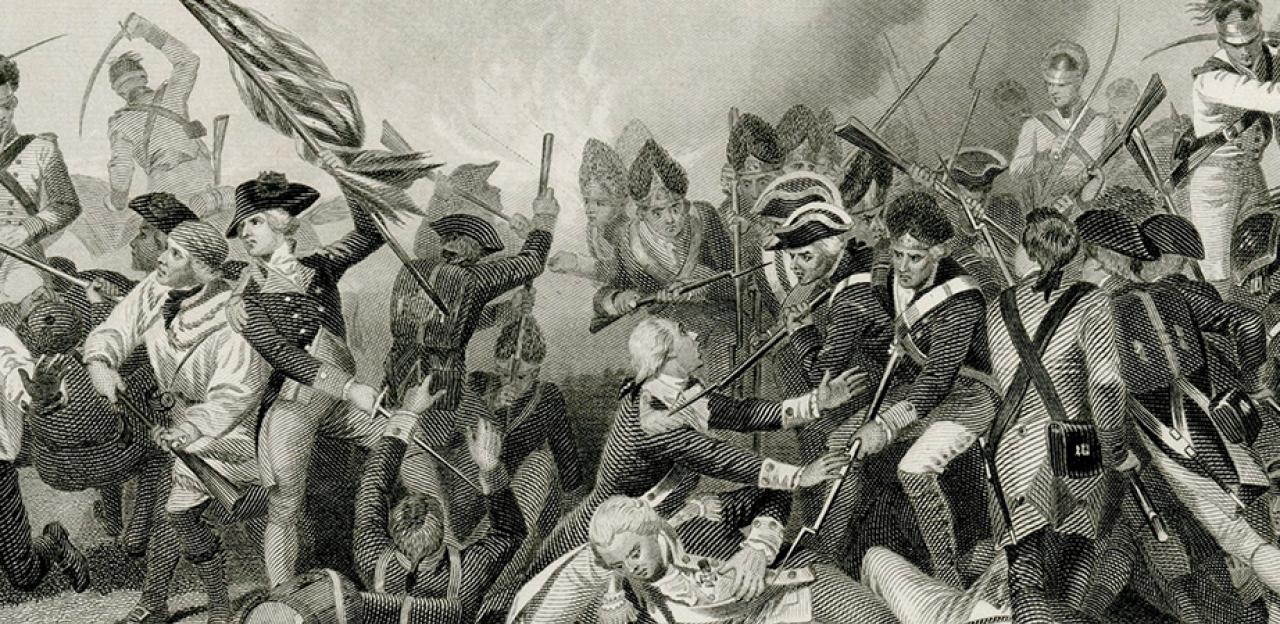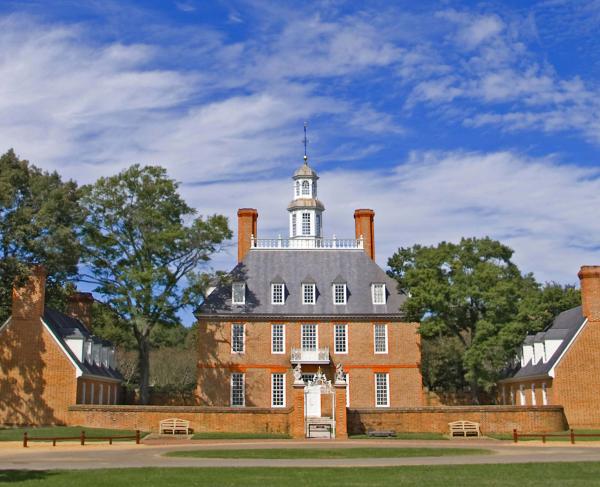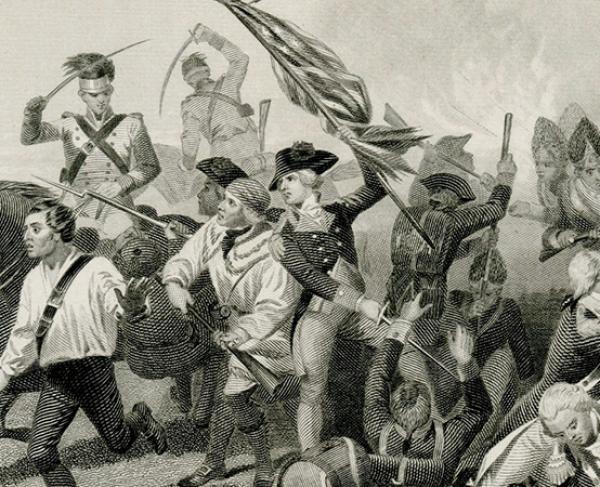Camden

A crushing defeat at the hands of the British, the Battle of Camden depleted American morale and boosted British confidence in their strategy to gain control of the Southern colonies. Fought on August 16, 1780 near Camden, South Carolina, this battle irreversibly humiliated the American General Horatio Gates and witnessed the death of an allied general, Johann DeKalb, at the hands of British forces under General Charles Lord Cornwallis. Though an embarrassing setback, Gates’ mistakes at Camden led to the appointment of the much more capable Nathanael Greene as commander of the American army in the South.
The Battle of Camden was one of many losses Americans suffered in the first years of the British military offensive in the South. The British army’s Southern Campaign, a strategy implemented by General Henry Clinton, gave them swift control of the Southern colonies. Savannah fell in December of 1778, Augusta in January 1779 and Charleston in the early summer of 1780. In August of 1780, Camden was another loss for Americans, where untrained American troops suffered defeat due to strategic and tactical errors of their commander.
After the fall of Charleston in May of 1780, Camden became an important stronghold for the British in South Carolina. Cornwallis set up Camden as a strategic supply depot and garrison that would secure control of the state’s back country. In July, American General Horatio Gates marched his troops to meet Cornwallis at Camden, hoping to release the South from the grip of the British.
General Gates stilled carried the reputation of leading the American victory at the Battle of Saratoga in 1777. Although his political reputation had suffered due to his criticisms of George Washington as Commander-in-Chief of the Continental Army, Gates still maintained his military might. Fueled by his success in the North, Gates led his men to the enemy, confident in his ability to defeat the British as he had three years prior.
Gates’ hubris made him blind to the well-being and skill set of his own men, depriving him of the vision necessary to command successfully before and during battle. In July, when he marched his troops to Camden, Gates led his men through swampy ground scattered with Loyalists who did little to allay the army’s need for food and supplies. By August, Gates’ 5,000 men from Virginia and North Carolina were weakened by dysentery. Gates chose to ignore the fact that dysentery would diminish the number of men who could fight; he continued to assume his army was almost double the size of Cornwallis’ army at Camden when he readied them for battle on the morning of August 16th.
Gates drew up the 3,000 men who were able to fight. On his right, he positioned his more experienced Maryland and Delaware regiments, and milita from North Carolina in the center. At Gates’ left were green militiamen from Virginia. Placing inexperienced men to guard the left flank was a mistake. Having been trained as a British officer, Gates should have understood that Cornwallis’ own strategy would be to put the most experienced of his men to his right—which he had. British regulars under James Webster met Gates’ battle-shy Virginians who, upon seeing the first gleam of British bayonets, ran off the field in a panic. North Carolina militiamen holding the center line similarly fled despite the best efforts of American officers to hold them.
With the American left and center running from the enemy as fast as they could, the British concentrated on the American right flank. These Americans, unlike their counterparts to the left, fought valiantly, but could not defeat the British in the face of panic, and especially after the mortal wounding of General Johann DeKalb. The commissioned Prussian officer in the Continental Army, DeKalb was shot and mortally wounded as he led his men valiantly against the British. He was one of the 900 men tallied as wounded or killed at the battle’s end as British captured supplies and some 1,000 prisoners. Unlike Gates, who fled 60 miles from the battle to Charlotte, North Carolina, DeKalb honorably died on the battlefield defending his adopted country.
The stunning loss of men and equally stunning display of cowardice ruined General Gates’ reputation as much as it boosted British morale. However, Gates’ replacement, General Nathanael Greene, would see to it that Cornwallis, who had won so easily at Camden, would end up making the ultimate surrender of the entire British army at Yorktown one year later.
Related Battles
1,900
324


